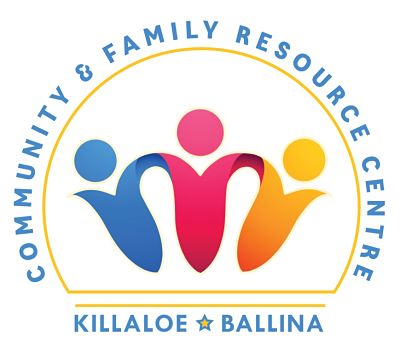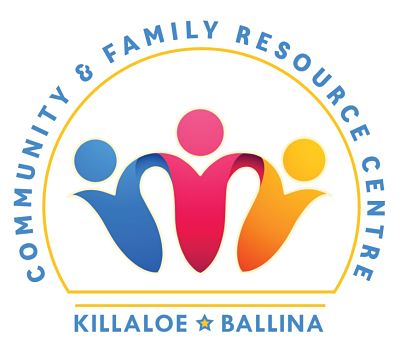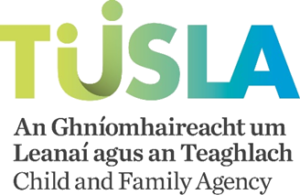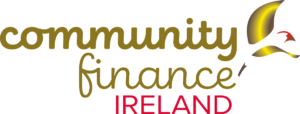Day 14: We offer support in 170 languages
 The women we support are diverse and come from all walks of life. Domestic violence can affect any woman, at any age and from any background. Today we look at the additional barriers women from Migrant communities face.
The women we support are diverse and come from all walks of life. Domestic violence can affect any woman, at any age and from any background. Today we look at the additional barriers women from Migrant communities face.
In 2016, Women’s Aid National Freephone Helpline, responded to 493 calls from migrant women. 250 calls were facilitated in 27 languages. Some of these calls were initiated by professionals such as Gardai, refuge staff and GP’s in their quest to support women presenting to them.
82% of callers who used the Telephone Interpretation Service spoke a range of EU languages including Polish, Hungarian, Portuguese and Romania. The non-EU languages included Arabic, Mandarin and Russian.
28% of new women we saw in 2016 in our One to One Support Service were migrant women. Just over half were from non-EU member states while 44% were from EU member states.
The additional barriers faced by migrant women affected by domestic violence include:
- Language barriers.
- The impact of the lack of independent residency status
- Ineligibility for social protection
- Limited access to emergency accommodation
Women may also face pressures and have a reduced number of options because of their cultural or religious backgrounds. For migrant women with particularly complicated cases Women’s Aid works alongside migrant rights organisations, such as, the Immigrant Council of Ireland and the Irish Refugee Council.
The Women’s Aid Telephone Interpretation Service is providing an essential service to women, whose first language is not English and who are experiencing domestic violence.
Read more here.
You can also read translated information on our website in:
Migrant women experiencing abuse face a multitude of additional barriers – Brian Killoran from the Immigrant Council of Ireland
 httpss://www.womensaid.ie/16daysblog/2017/12/08/guest-blog-post-migrant-women-experiencing-abuse-f/
httpss://www.womensaid.ie/16daysblog/2017/12/08/guest-blog-post-migrant-women-experiencing-abuse-f/
In my early years at the Immigrant Council I was privileged to work in our Information and Support Service, assisting people to realise their rights and navigate difficult circumstances. Through that I met so many fantastic people, and some still stand out in my mind today.
One such woman was Florence (not her real name). Florence was from Cameroon and had come to Ireland as a student. She married a man here and her immigration permission changed to be dependent on their ongoing relationship. When I met Florence she had a new-born child and a two year old. Shortly after the birth of their second child her husband became incredibly violent towards her. He then abandoned her and the two children, penniless and with rent overdue. As part of his abuse, he had not allowed her to have her documents, so her immigration status had expired and she was without legal permission to be in Ireland. It was at this stage she came to us.
I will never forget her sitting across from me looking exhausted and terrified. Her landlord was sympathetic to her plight so was not pressuring her for rent, but that could not go on forever. I could clearly see marks in the shape of her husband’s fingers on her arms – where he had gripped her arms so tightly as to cause bruising. She had no money at all for food for herself or her children and was desperate. She had gone to her Community Welfare Officer but had been told because of her lack of immigration permission she could get no support.
We took on her case and started to address her immigration status, asking the immigration authorities to issue her with independent status based on her situation and the abuse she had endured. I could not tell her this would work for definite as these applications are discretionary, but promised we would fight her corner and argue for her to be reinstated. The courage it took for her to agree to allow us to do that on her behalf was immense. In tandem, I wrote what can only be described as a scorching letter to her Community Welfare Officer, insisting their discretion be used positively to grant her Emergency Needs Payments. I sent both letters and secured Florence a small sum of money from a limited fund the Immigrant Council had for hardship cases. It was just €50, but she gripped like it was a lifeline. She as so appreciative and I was so angry that a young mother would be in this situation.
Florence said she would get credit and ring me the following Monday but when she did not, I rang her and she told me she had spent the €50 on nappies and baby food – no phone credit was bought, no food for herself. It was dire, so we dug into our hardship fund again and tried to support her some more. Days afterwards her Community Welfare Officer came back to grant her a payment, and in time her immigration issues were resolved and she got her status back.
Florence is someone I will always remember, but sadly, she is just one of many women in that circumstance.
Over time we have developed expertise in this area, and work very closely with Women’s Aid and women’s refuges on the mutual support of migrant women enduring domestic abuse. I worry how many other Florences are out there, unable to access services which can help – how many are penniless, without stable immigration status and in dire circumstances right now? How many need a support worker to write a blistering letter to a CWO for support or to articulate a difficult case to the immigration authorities? This is the reality and one that we must all rise to meet as civil society organisations and as a country.
It is unacceptable to have a woman like Florence almost destroyed by unnecessary layers of bureaucratic barriers and indignity. Ireland is better than this, and we must treat all women who experience domestic violence with dignity, support and clear remedies. I hope Florence and her kids are living happily now, many years after her ordeal.
Brian Killoran is CEO of the Immigrant Council of Ireland. Visit www.ImmigrantCouncil.ie for more information.





